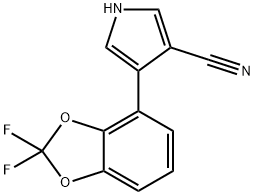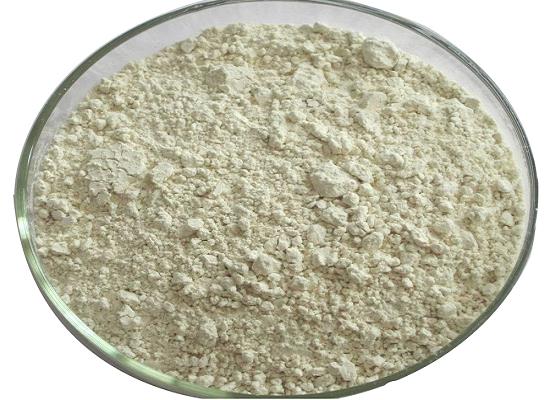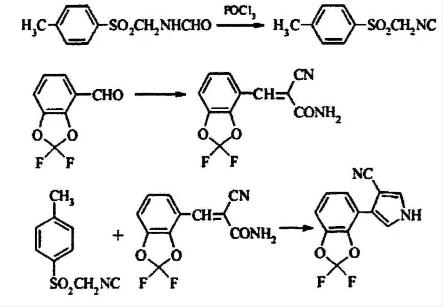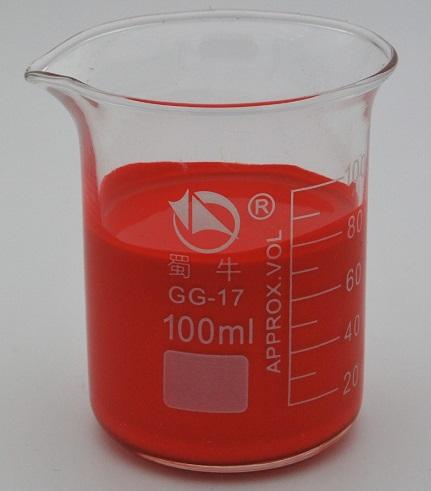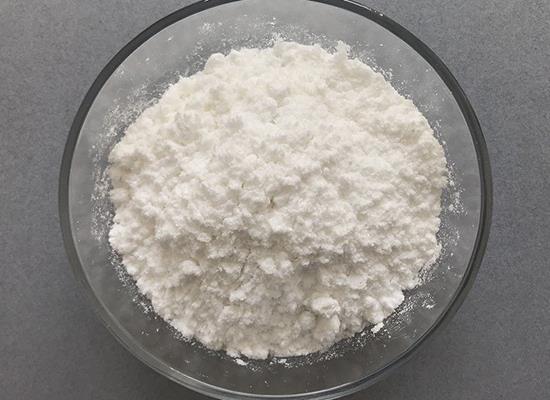Fludioxonil: Versatile Fungal Control Agent and Unique Mode of Action
General Description
Fludioxonil, a key seed treatment chemical in agriculture, offers broad-spectrum protection against fungal pathogens like snow mold and Fusarium. Its mode of action involves targeting protein kinase in fungal cells, disrupting crucial processes like signal transduction and spore germination. By hindering fungal growth and development, Fludioxonil prevents disease spread within plants and soil. Applied to crops such as maize and cotton, it forms a protective barrier around seeds, ensuring healthy seedling emergence. With its low usage rates and high efficacy, Fludioxonil provides cost-effective and environmentally sustainable fungal control. Overall, Fludioxonil's unique mechanism and wide-ranging activity make it a valuable tool for safeguarding crop productivity and combating fungal diseases in modern agriculture.
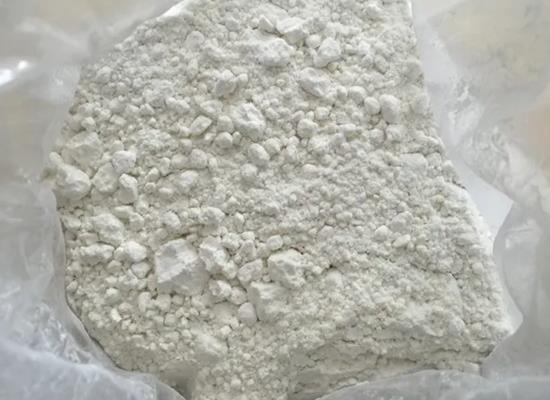
Figure 1. Fludioxonil
Applications in agriculture
Fludioxonil, a unique chemical compound, finds its application in agriculture as a seed treatment for several crops including maize, soybean, potato, and cotton. Functioning as a contact fungicide, Fludioxonil effectively permeates the surface of seeds and accumulates around them, creating a durable protective zone for emerging seedlings. Primarily known for its exceptional efficacy against specific fungi such as snow mold, seedborne and soilborne Fusarium, seedling blights, and bunts, Fludioxonil has become a prominent choice among seed treatment molecules due to its remarkable activity at low usage rates. One of the key advantages of Fludioxonil lies in its ability to ensure crop safety while effectively combating targeted fungal pathogens. By forming a barrier around the seed, it shields the vulnerable young plants from potential infections and diseases. This long-lasting protection contributes to the healthy development and establishment of seedlings, thereby enhancing overall crop productivity. Moreover, Fludioxonil's efficacy is notable even at low concentrations. This means that farmers can achieve significant control of fungal infections with minimal product application, leading to cost savings and reduced environmental impact. The economic feasibility and environmental sustainability offered by Fludioxonil make it a preferred choice for seed treatment applications. In conclusion, Fludioxonil, as the sole representative of its chemical class, plays a vital role in modern agriculture. Its application as a seed treatment provides long-term protection against various fungal pathogens, ensuring the successful growth of important crops like maize, soybean, potato, and cotton. With its outstanding performance at low use rates and excellent crop safety, Fludioxonil stands out as a leading seed treatment molecule in the agricultural industry. 1
Mode of action
The mode of action of Fludioxonil involves its broad activity and a unique mechanism within fungal cells. It primarily interferes with protein kinase, a crucial enzyme involved in various processes throughout the life cycle of fungi. When Fludioxonil comes into contact with fungal cells, it interacts with protein kinase at different stages of the fungus's life cycle. This interference disrupts the normal functioning of the enzyme, hindering its ability to carry out essential cellular processes. By targeting protein kinase, Fludioxonil affects key cellular activities such as signal transduction, spore germination, and hyphal growth. This disruption ultimately impairs the growth and development of the fungus, preventing it from causing disease or further spreading within the plant or soil. What sets Fludioxonil apart is its ability to interact with protein kinase at multiple points in the fungal life cycle. This versatility ensures that the compound effectively inhibits the growth and survival of a wide range of fungal pathogens, including those responsible for diseases like snow mold, seedborne and soilborne Fusarium, seedling blights, and bunts. In summary, Fludioxonil's mode of action involves interfering with protein kinase in fungal cells. By disrupting essential cellular processes, it effectively hampers the development and spread of various fungal pathogens. This unique mechanism contributes to Fludioxonil's broad-spectrum activity and makes it an important tool in combating fungal diseases in agriculture. 2
Reference
1. Maxim: MAXIM® brands are optimized and developed for use in crops, such as maize, soybeans, cotton and potatoes. Syngentaseedcare.
2. Bersching K, Jacob S. The Molecular Mechanism of Fludioxonil Action Is Different to Osmotic Stress Sensing. J Fungi (Basel). 2021;7(5):393.
Related articles And Qustion
Lastest Price from Fludioxonil manufacturers
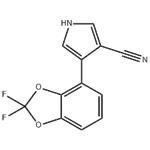
US $0.00/kg2025-11-21
- CAS:
- 131341-86-1
- Min. Order:
- 1kg
- Purity:
- 98%
- Supply Ability:
- Customise
US $1.00/KG2025-04-21
- CAS:
- 131341-86-1
- Min. Order:
- 1KG
- Purity:
- 99%
- Supply Ability:
- 10 mt
